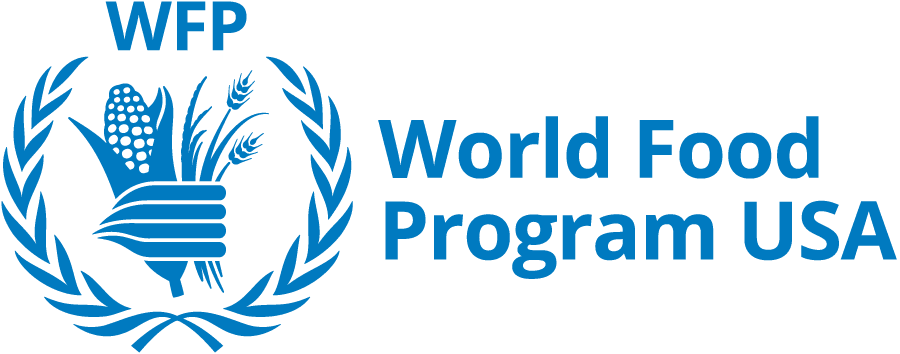Aggravated by Conflict
Food and nutrition insecurity in Niger are significant. This situation stems from environmental degradation, security constraints and high demographic growth. Irregular rainfall, rising temperatures and desertification mark the ecological fragility of the country. This in turn has a significant negative impact on livelihoods as the economy is strongly reliant on climate sensitive sectors such as agriculture.
Conflict in three neighboring countries aggravate the situation. The conflict in northern Nigeria has displaced people, many of whom are chronically malnourished, into the Lake Chad Basin area. Fighting has spilled over the border, deepening local hunger and endangering host communities, refugees and humanitarian workers.
You can make a difference. By understanding issues, learning how to civically engage, and joining the movement to end global hunger for good.
 WFP/Evelyn Fey/2021
WFP/Evelyn Fey/2021








